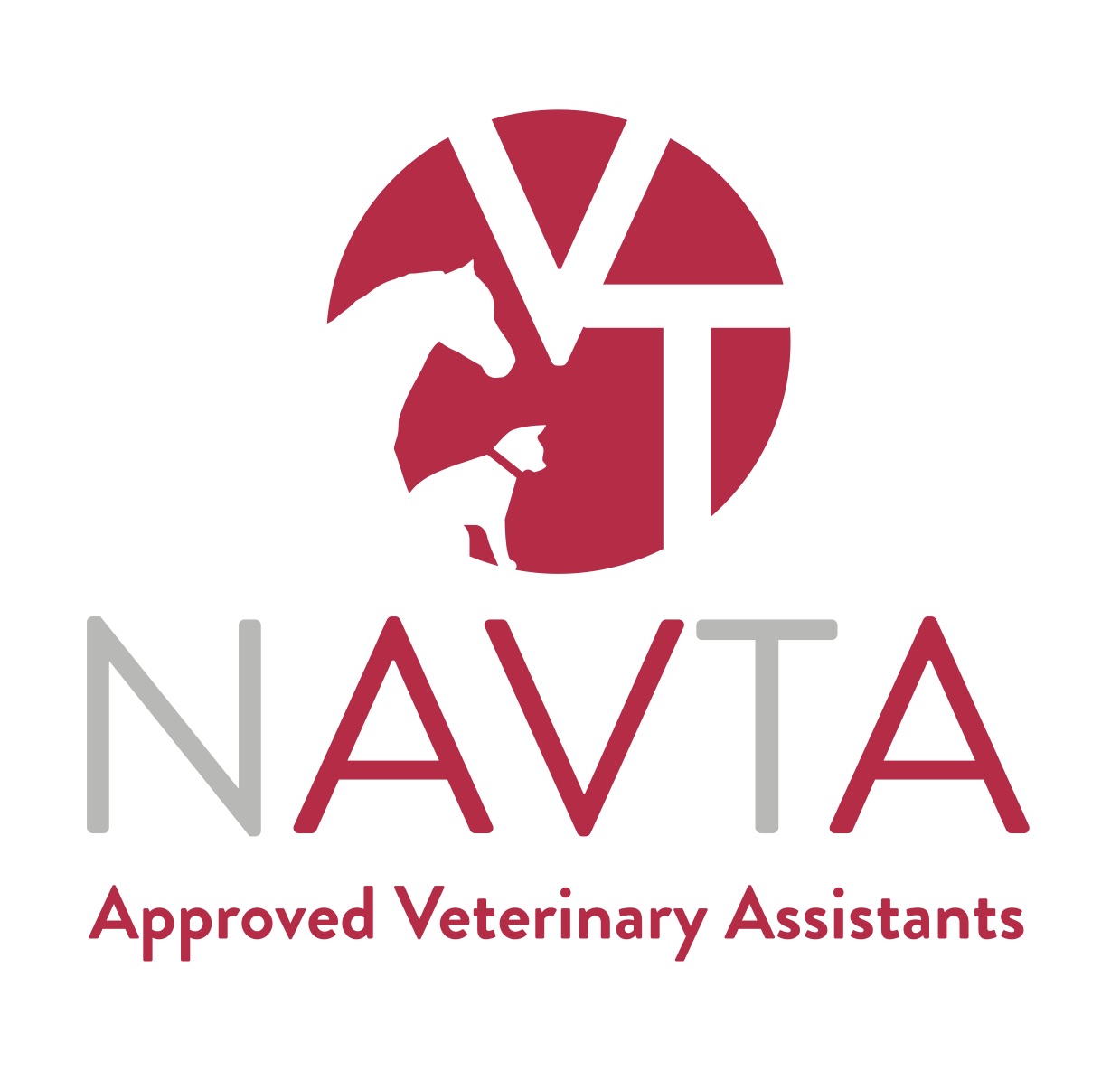RCC Veterinarian Assisting program approved by NAVTA, only one in state

RCC is the only NAVTA-approved Veterinary Assistant program in the state and one of 28 programs approved at technical or community colleges nationwide.
Students in Randolph Community College’s Veterinary Assisting program can now sit for the Approved Veterinary Assistant exam as the College’s program was approved by the National Association of Veterinary Technicians in America (NAVTA). RCC is the only NAVTA-approved Veterinary Assistant program in the state and one of 28 programs approved at technical or community colleges nationwide.
“We are excited about having a NAVTA-approved Approved Veterinary Assistant (AVA) program,” RCC Dean of Workforce Development & Continuing Education Randy Gunter said. “It reinforces that we have a top-notch program that meets the rigorous standards for accreditation. The students completing the program are required to complete a minimum of 150 hours of academic training and 100 hours of externship/clinical experience. Our students are completing 240 hours of training along with the 100 hours of externship/clinical experience.”
RCC graduates are now eligible to sit for the AVA examination and, upon successful completion, can use the AVA designation and receive a documenting certificate.
Veterinary assistants play a pivotal role at a practice. Within the course of a day, an assistant provides help to veterinarians and veterinary technicians, which allows team members to perform the tasks and responsibilities of their positions. The next minute, an assistant might help a client understand why having their pet’s teeth cleaned is important or provide a receptionist with a second set of hands at the front desk. Veterinary assistants help fill prescriptions, keep exam rooms clean and prepped, set up lab work, help with inventory, update medical records, and assist with nursing care.
“We are excited about having a NAVTA-approved Approved Veterinary Assistant (AVA) program,” RCC Dean of Workforce Development & Continuing Education Randy Gunter said. “It reinforces that we have a top-notch program that meets the rigorous standards for accreditation. The students completing the program are required to complete a minimum of 150 hours of academic training and 100 hours of externship/clinical experience. Our students are completing 240 hours of training along with the 100 hours of externship/clinical experience.”
RCC graduates are now eligible to sit for the AVA examination and, upon successful completion, can use the AVA designation and receive a documenting certificate.
Veterinary assistants play a pivotal role at a practice. Within the course of a day, an assistant provides help to veterinarians and veterinary technicians, which allows team members to perform the tasks and responsibilities of their positions. The next minute, an assistant might help a client understand why having their pet’s teeth cleaned is important or provide a receptionist with a second set of hands at the front desk. Veterinary assistants help fill prescriptions, keep exam rooms clean and prepped, set up lab work, help with inventory, update medical records, and assist with nursing care.
